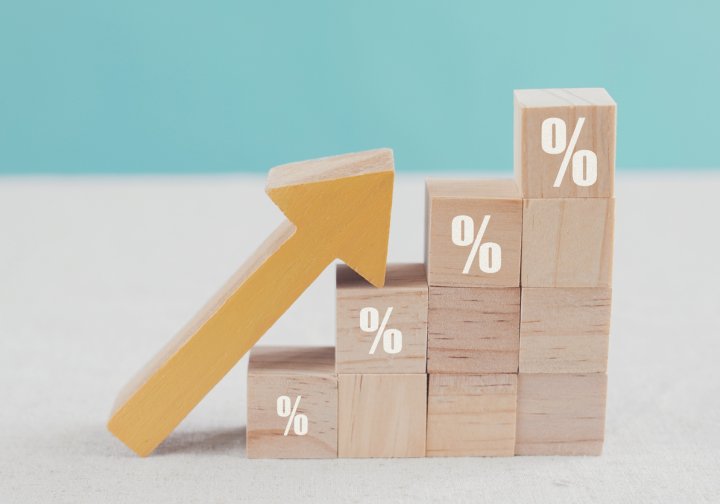Commenting on the latest figures from the Office for National Statistics (ONS) showing UK GDP shrank by 0.1% in March, East Midlands Chamber chief executive Scott Knowles said: “It’s clear the honeymoon period our economy experienced as Covid-19 restrictions ended is now over as surging inflation bites at our growth prospects.
“Not only is growth down on a monthly basis, but having slowed from 1.3% in the final quarter of 2021 to 0.8% in the first three months of this year, there is a real concern we could be heading towards a recession without firm Government intervention to offset the mounting crisis in the cost of doing business.
“Rising costs for staff, energy and raw materials – against a backdrop of global headwinds, not least the economic fallout from the war in Ukraine – is responsible, with two-thirds of East Midlands companies expecting prices to rise over the second quarter of this year, according to the Chamber’s latest Quarterly Economic Survey for Q1 2022.
“Cashflow also fell for a net 3% of our region’s firms – the first time it has moved into negative territory in more than a year – leading to a 2% decline in investment intentions for plant and machinery compared to the previous quarter.
“The decline in business investment intentions is further confirmation that it remains a weak point for the UK economy, limiting innovation and productivity, which ultimately stifles our country’s growth aspirations.
“The Bank of England’s latest rise in interest rates to 1% risks deterring investment and is viewed by many as a further step in a prolonged period of aggressive monetary tightening at a time when consumers and businesses are struggling under a myriad of rising cost pressures.
“While it was heartening to see the Queen’s Speech prioritise economic growth in its legislative agenda this week, any plans for the long term don’t offer much consolation for firms desperately searching for hope to wrestle themselves from the cost of doing business crisis in the immediate term.
“The Government simply must do more to ease the burden on small and medium-sized businesses, which are crucial to steering the economic recovery.”








